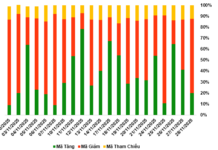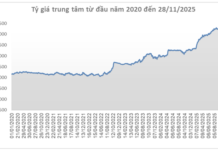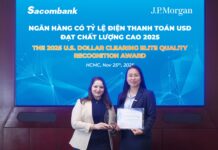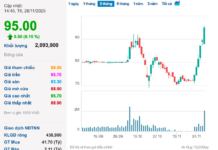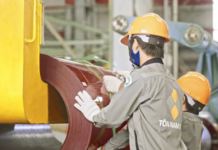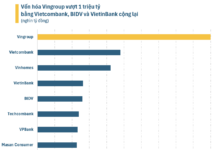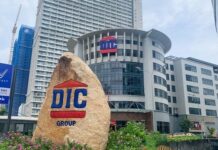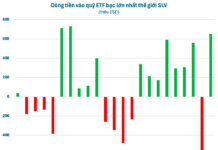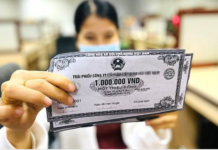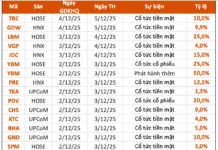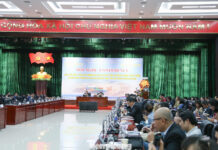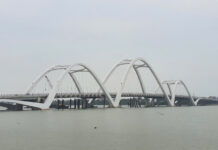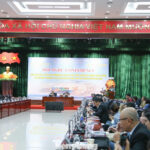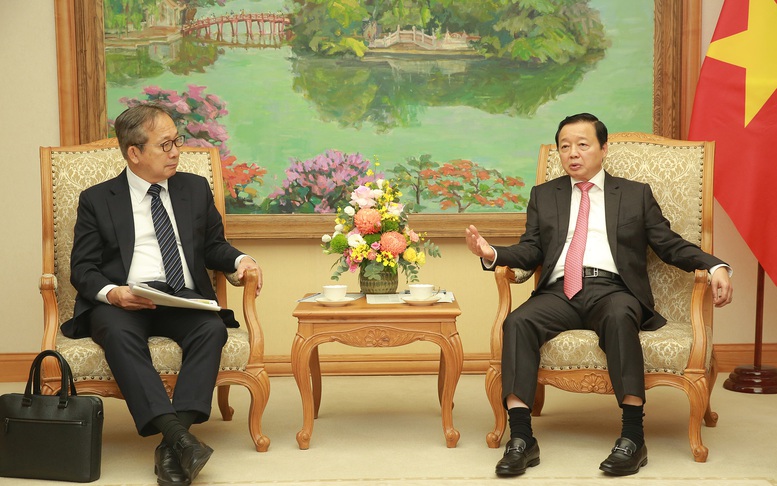
Deputy Prime Minister Tran Hong Ha meets with Mr. Yamada Takio, Advisor to the Ministry of Foreign Affairs and Ambassador in charge of the Asia Zero Emissions Community Initiative (AZEC) of the Japanese Government – Photo: VGP/Minh Khoi
Congratulating Mr. Yamada Takio on his appointment as Ambassador in charge of AZEC of the Japanese Government, Deputy Prime Minister Tran Hong Ha affirmed that the contents within the framework of AZEC have been discussed, agreed upon, and received the commitment of the high-level leaders of Vietnam, Japan, as well as partner countries.
According to the Deputy Prime Minister, the realization of AZEC needs to be demonstrated through specific projects such as improving efficiency and reducing emissions from coal-fired power plants; shifting from using coal and oil to natural gas fuels; investing in offshore wind and solar power, pumped storage hydropower, biomass and waste-to-energy power, etc., towards achieving the goal of carbon neutrality and net-zero greenhouse gas emissions by 2050.
“We need to discuss specific and feasible contents and get to work, with a focus on business cooperation,” said the Deputy Prime Minister.
Thanking the Deputy Prime Minister for his time, Mr. Yamada Takio said that the entire Japanese Government and related parties are working hard to promote AZEC. Keidanren, the Federation of Japanese Economic Organizations, is proposing specific projects and committing to comprehensively support the implementation of AZEC.
“Vietnam is one of the most important partners in realizing AZEC,” said Mr. Yamada Takio, expressing his appreciation for Vietnam’s efforts to achieve Net Zero, from issuing mechanisms and policies to specific projects.
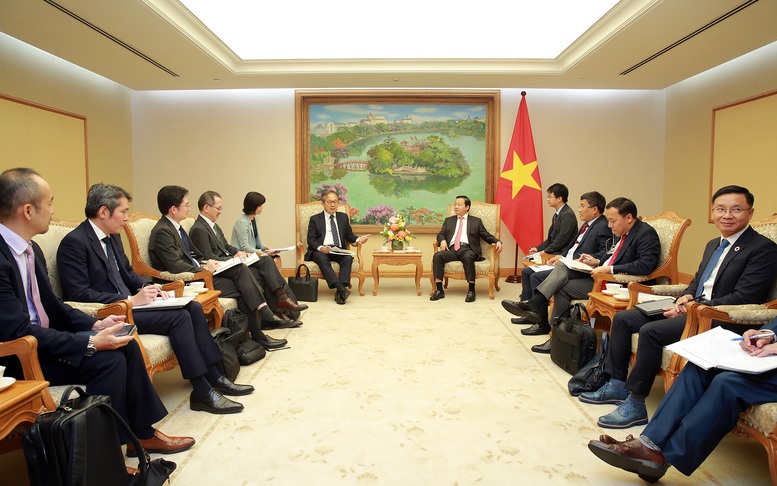
The Deputy Prime Minister suggested that energy projects within the AZEC framework should be approached through market mechanisms, ensuring efficient energy supply and use, carbon neutrality, and achieving Net Zero – Photo: VGP/Minh Khoi
At the working session, Mr. Yamada Takio proposed a list of feasible projects in electricity, renewable energy, and transmission infrastructure, among others, for the two sides to promote the implementation pace with the participation of large corporations and banks from Japan.
The Department of Electricity and Renewable Energy (Ministry of Industry and Trade) together with the Embassy of Japan in Vietnam and the Japan International Cooperation Bank (JBIC) have established a working group to promote AZEC with some support targets: Energy transition, green transition at fossil fuel-fired power plants in Vietnam; renewable energy production such as developing rooftop solar power, offshore wind power, waste-to-energy, and biomass power; power systems and electricity markets such as promoting the direct power purchase agreement (DPPA) mechanism and diversifying the electricity market, including wholesale and retail.
The Deputy Prime Minister suggested that energy projects within the AZEC framework should be approached through market mechanisms, ensuring efficient energy supply and use, carbon neutrality, and achieving Net Zero.





